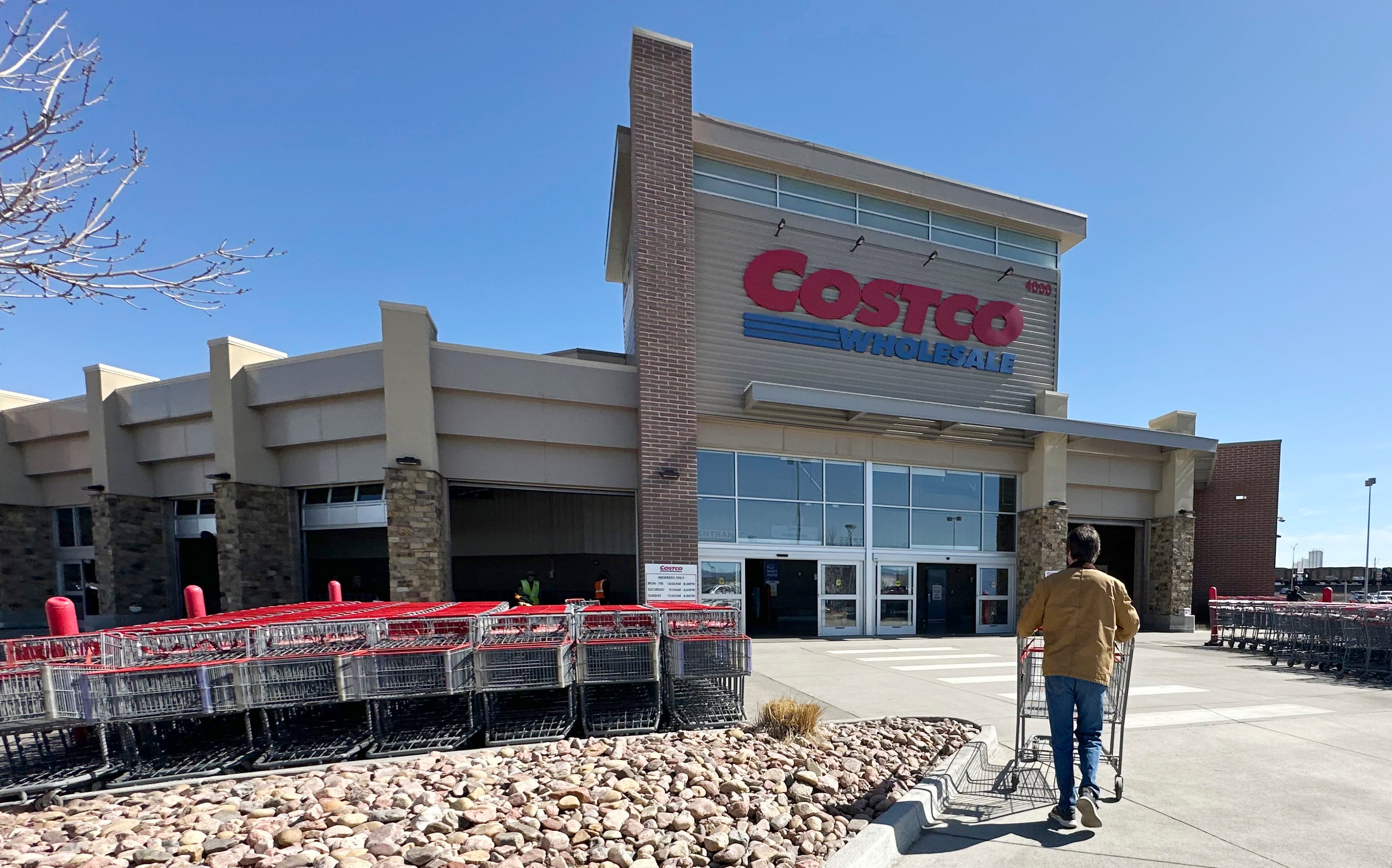In an instant, delivery platforms and services have become the last link between quarantined consumers and the struggling service economy. As a result, these companies are rolling out best practices and guidelines as fast as possible to comfort employees and customers alike.
Delivery.com is among the companies rapidly adapting their business practices to serve customers under lockdown, CEO Jed Kleckner told Cheddar.
The online platform is using distributed text-based training to get its 1,700 drivers up to speed on the safest way to handle deliveries without transmitting COVID-19.
The company has partnered with a group of New York City-based technologists headed by Dan Teran, founder of Managed by Q, that is working to develop coronavirus-related solutions.
“With them, we’ve put in place a technology that enables us to train in a short text-based — either through SMS or WhatsApp — messaging drills that they can do daily over a seven-day period to certify them as having best-practice guidelines, whether it be from the [World Health Organization] or the CDC,” Kleckner said.
Basically the training provides guidance on how to avoid direct contact with customers.
“We will keep on sending the drills until they pass them with 100 percent,” he said. “Right now, we’re making sure we’re pushing out the message to every one of our drivers.”
Customers can also input specific delivery instructions into the platform, which could be crucial for someone who is experiencing symptoms and under a total, no-contact lockdown. That way, the delivery person can leave the order outside of a door or in another safer location.
In addition, the company has opened up its merchandise store to drivers to give them access to
“everything that we can possibly get into their hands, as it were, to help stop COVID,” including gloves, hand sanitizer and even masks, if available.
Kleckner noted how much the restaurant industry is struggling and urged businesses to consider third-party delivery services to help keep themselves afloat through the pandemic.








